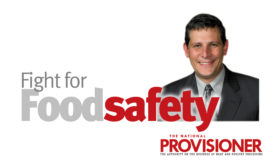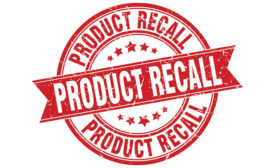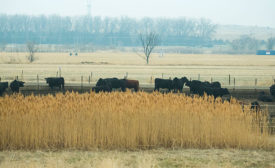Fight for Food Safety
Fight for Food Safety
Going on the offensive: Subtyping environmental and finished product positives
Read MoreFight for Food Safety
Developing an effective Food Defense Program (FDP)
Defending against the unthinkable
Read More
Fight for Food Safety
R-CALF seeks to reinstate country-of-origin labeling requirements in beef products
'Beef' continues over COOL
Read More
Stay ahead of the curve. Unlock a dose of cutting-edge insights.
Receive our premium content directly to your inbox.
SIGN-UP TODAYCopyright ©2024. All Rights Reserved BNP Media.
Design, CMS, Hosting & Web Development :: ePublishing




